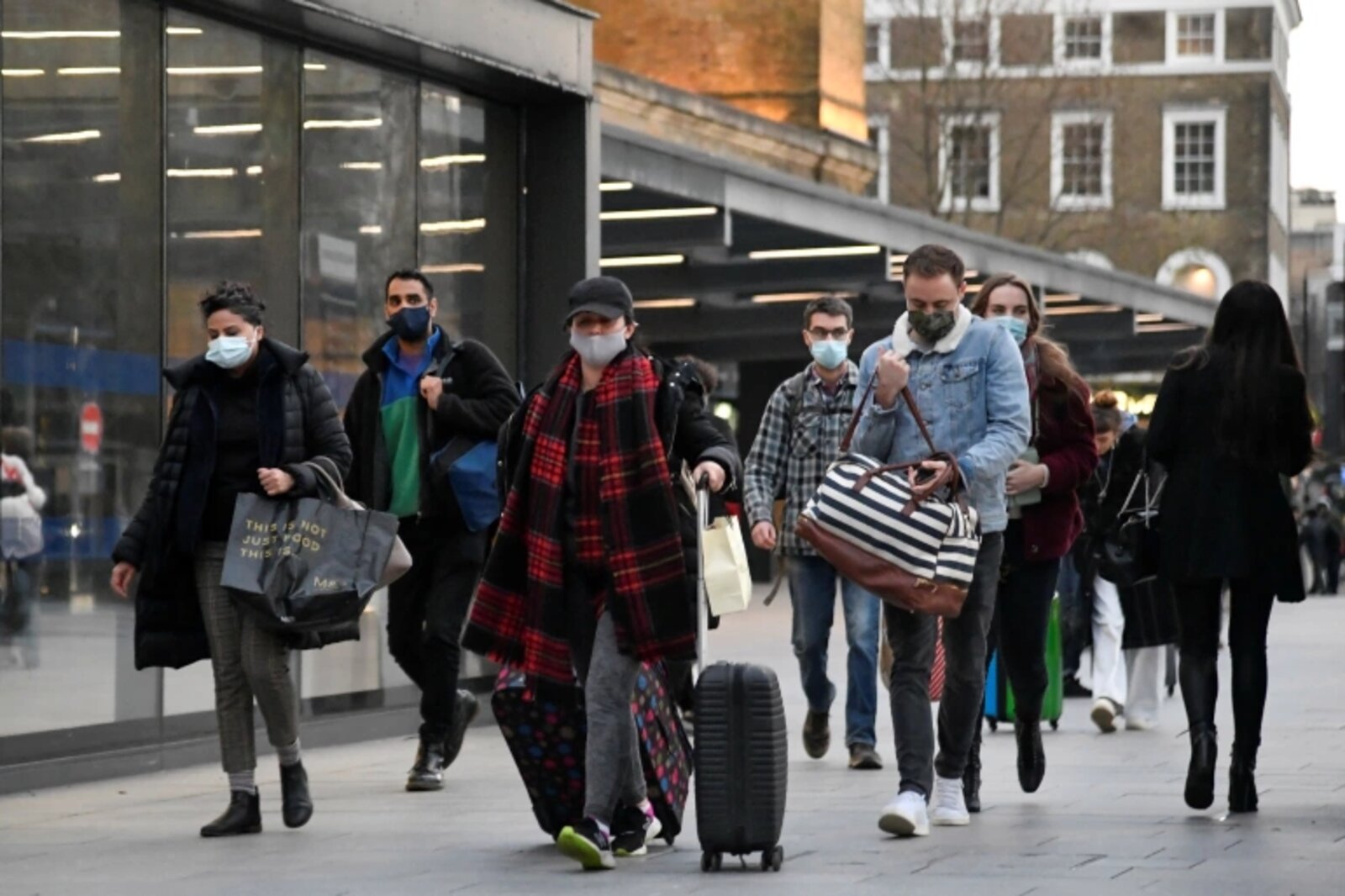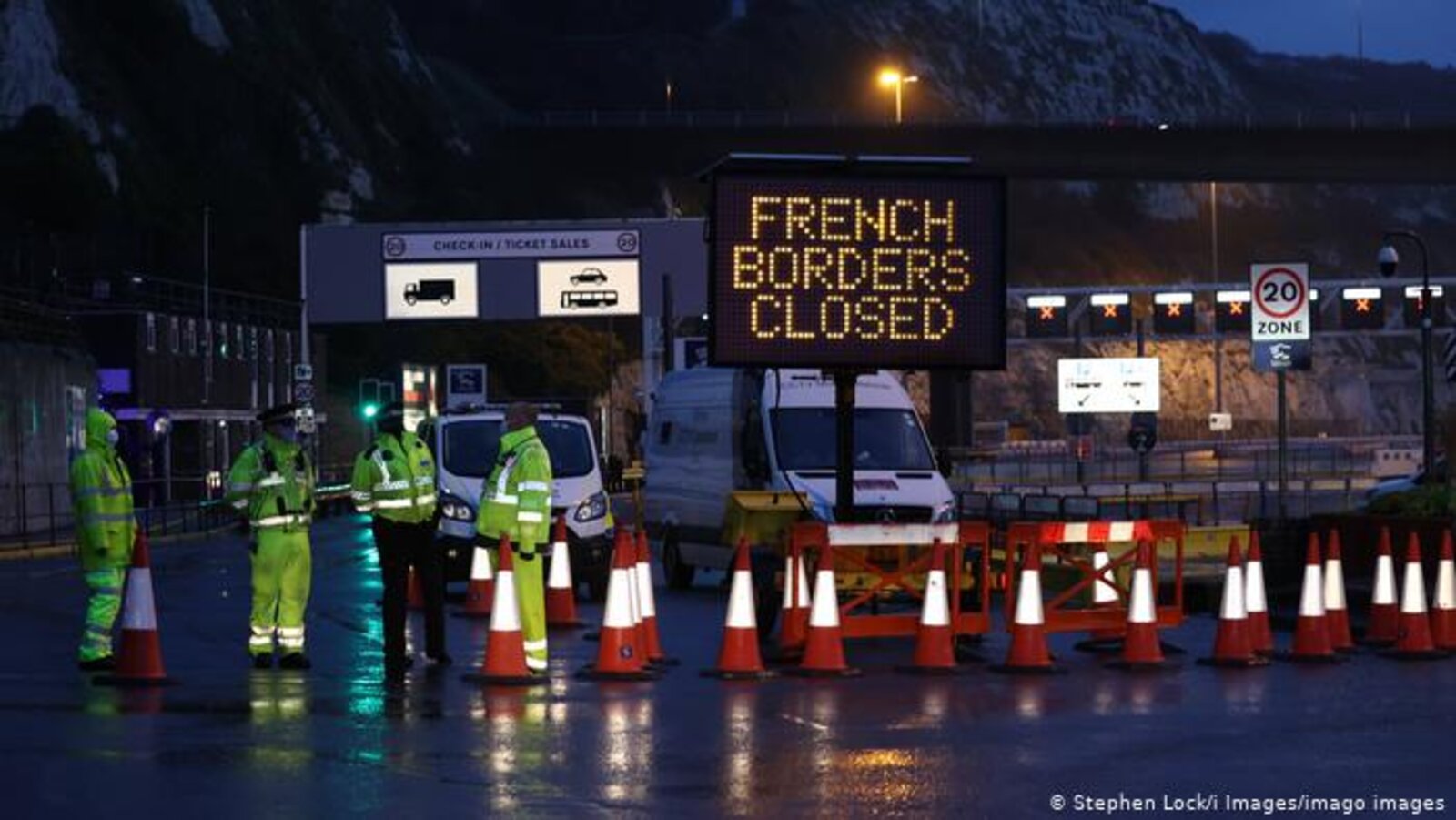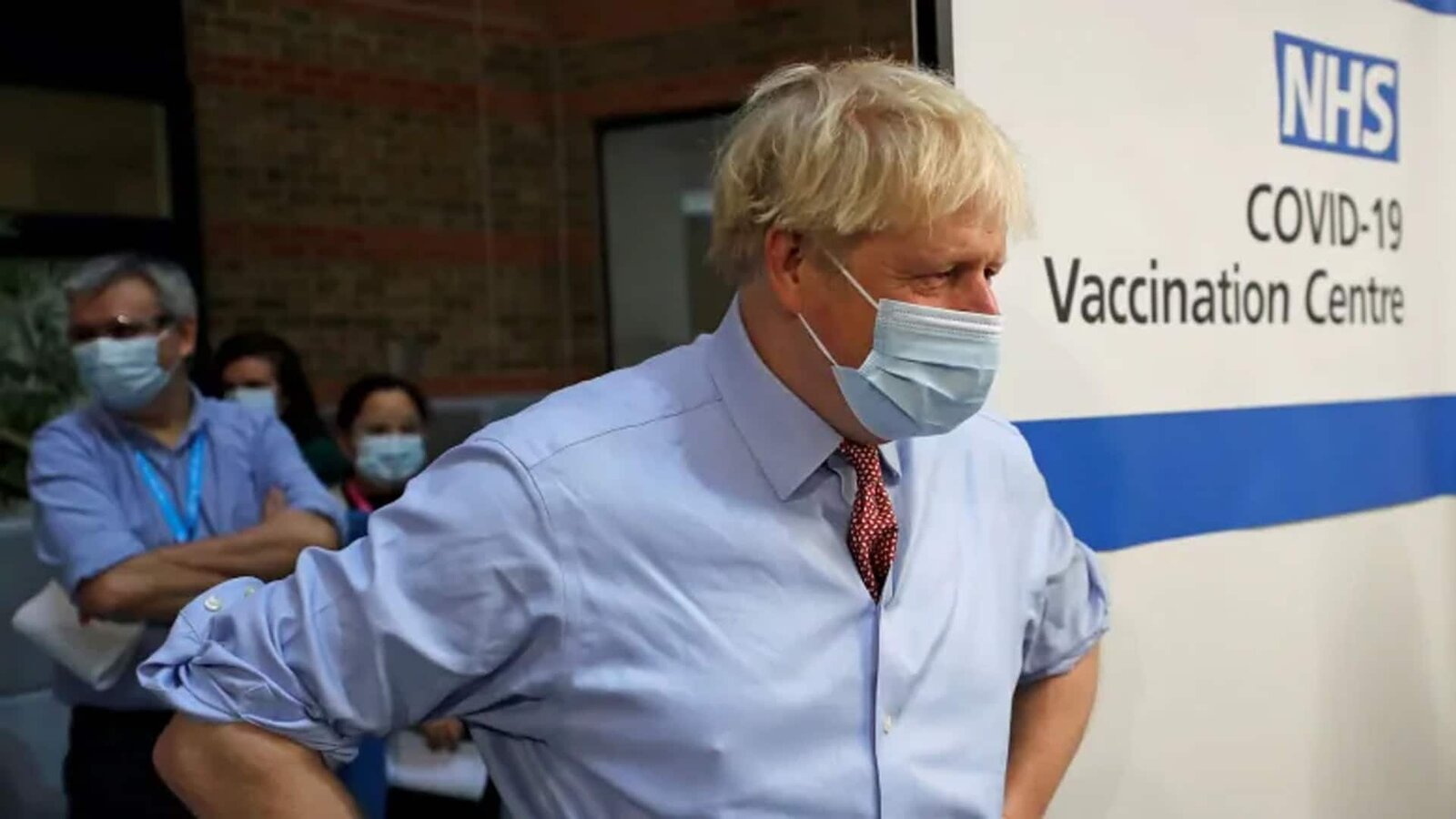
New COVID strain is causing panic in England: See Prime Minister’s response
With the first batch of new coronavirus vaccines being distributed all across the UK & other areas of the world following its approval by government officials weeks ago, the world was finally starting to look up for once. Unfortunately, earlier this morning, numerous news outlets have announced that a new strain of the COVID-19 virus has emerged throughout Europe, causing hope to seemingly tumble across the world.

New Strain
This new strain of the SARS-CoV-2 coronavirus is being referred to experts as the “B.1.1.7 lineage” and Huffpost reported that it “is said to be up to 70% more transmissible than the previously dominant strain in the United Kingdom”. With the COVID-19 vaccine already beginning to be distributed en masse across Europe, many are questioning: is this new variant really a valid cause for more concern?
Per Huffpost, most scientists proclaimed yes, people should be worried. The B.1.1.7 lineage has spread at such rapid rates that it’s quickly turned into the dominant variant in all reported COVID-19 cases across parts of southern England. This new COVID-19 strain has also been linked by experts to be the cause of an increase in hospitalization rates, particularly in London & Kent.

High transmission rates
The main cause for concern is this strain is far more contagious than the others & contains twenty-three mutations in its genetic code. Martin Hibberd, a professor at the London School of Hygiene & Tropical Medicine, told Huffpost: “The new B.1.1.7 … still appears to have all the human lethality that the original had, but with an increased ability to transmit”.
Huffpost stated: “Scientists say it is about 40%-70% more transmissible. The UK government said on Saturday it could increase the reproduction ‘R’ rate by 0.4.”, meaning that the new variant has hit Britain the hardest so far. Government officials in Australia, Italy, and the Netherlands have also reported cases of this variant, with just a few cases being reported in Iceland, Denmark, and Belgium as well.

The new COVID-19 strain was reportedly first detected months ago in September, and by early December, the variant took up sixty two percent of all COVID-19 cases in London, compared with just twenty eight percent of cases about three weeks earlier.
Peter Openshaw, a professor of experimental medicine at Imperial College London agreed that “It is right to take it seriously”, and professor Shaun Fitzgerald at University of Cambridge called the matter “extremely concerning”.

Will the new COVID-19 vaccines protect against this new strain?
Fortunately, no evidence has emerged yet showing the Pfizer/BionNTech coronavirus vaccines, currently being distributed in millions across the UK, are useless in protecting others against this new COVID-19 strain. Julian Tang, a professor & clinical virologist at Leicester University affirmed to Huffpost: “We are not seeing . . . any gross changes in the spike protein that will reduce vaccine effectiveness so far.”
Adam Finn, a vaccine specialist & professor at Bristol University added: “It’s unlikely that this will have anything more than a minor, if any, effect, on the vaccine’s effectiveness”.
However, this new variant apparently affects coronavirus testing. Huffpost announced: “One of the mutations in the new variant affects one of three genomic targets used by some PCR tests. This means that in those tests, that target area, or “channel”, would come up negative”, meaning that some may wrongfully think they weren’t infected with the virus which will increase the risk of spreading it around to others.

Prime Minister’s response
So far, numerous countries across Europe including Turkey, Germany, Italy, the Netherlands, Austria, and more are temporarily suspending travel from the UK. Morning Star reported: “The UK prime minister has played down the impact of a French blockade on ports at a press conference”, with Boris Johnson stating that he was in talks with the French President to organize a resolution as early as Monday evening.
Johnson said: “It’s vital to stress that these delays occurring at [the port of] Dover only affect human-handled freight and that is only 20% of the total arriving or departing to the European continent, which means the vast majority of food medicines and other supplies are coming and going, as normal.” However, experts are concerned that this forty eight hour travel ban will cause food shortages.
One way officials are planning to solve this crisis is through greater distributions of the vaccine, with France’s health minister Olivier Véran verifying on Twitter on Monday that the country will begin to administer vaccinations to the most vulnerable beginning on Sunday.

Origin of the new strain
Patrick Vallance, Britain’s chief scientific adviser, confirmed Saturday he predicts the variant may have originated in the UK. Head of viral diseases at the Beligian Institute of Health Steven Van Gucht announced at a news conference Monday that “The UK has one of the most comprehensive genetic surveillance programmes in the world – 5% to 10% all virus samples are genetically tested. Few countries do better”.
So far, other strains of COVID-19 have risen in countries such as South Africa, Spain, and Denmark in recent months, but experts have concluded those new variants weren’t as serious or fatal.








